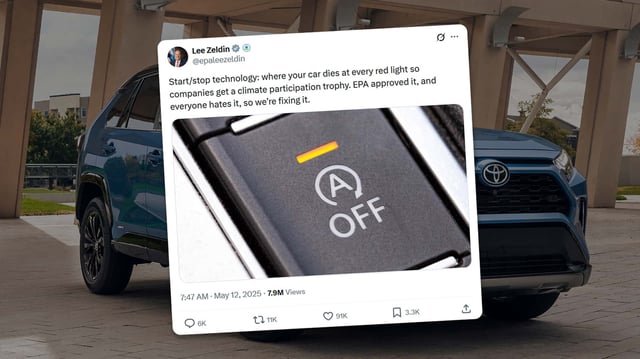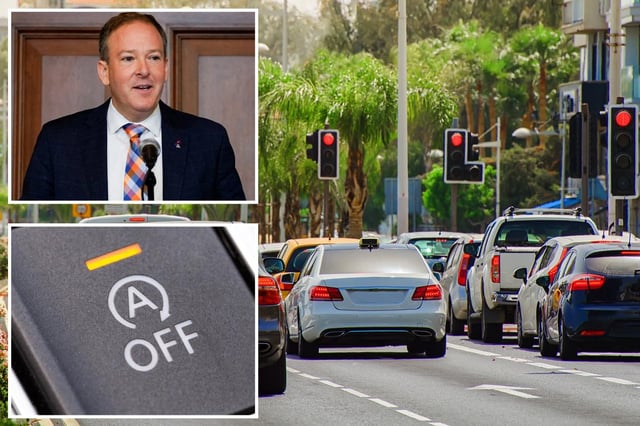Overview
- EPA Administrator Lee Zeldin announced plans to adjust or eliminate carbon-credit incentives for automatic start-stop (AST) systems, citing widespread consumer dissatisfaction.
- AST technology, which shuts off engines at stops to save fuel and reduce emissions, has been incentivized by the EPA since 2017 but is not federally mandated.
- Adoption of AST surged to over 60% of new vehicles by 2022, driven by EPA carbon credits, contributing to a fleetwide CO₂ reduction of 2.2 g/mi and 4–10% fuel savings in city driving.
- Critics of AST cite consumer frustrations over unpredictability and concerns about potential wear on batteries and engines, despite studies showing measurable environmental and efficiency benefits.
- The EPA has not yet provided formal guidance or timelines for the proposed changes, leaving automakers and regulators awaiting further details.

